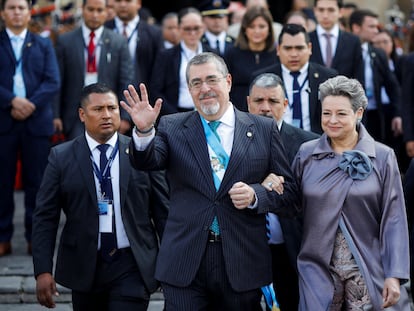
Bernardo Arévalo and the challenge of tearing down the ‘corrupt pact’ in Guatemala
During the last five months, the new president has repeatedly faced attempts by a sector of the judiciary to derail the transition of power

During the last five months, the new president has repeatedly faced attempts by a sector of the judiciary to derail the transition of power

In an interview with EL PAÍS, the president of Guatemala — who was sworn in on Sunday — discusses the efforts to stop him from taking power and the challenges his government will face

Citizens and international leaders supported the president-elect in the face of last-minute obstacles to prevent him from being sworn in

The incoming administration, a legislative minority, will govern in an environment of confrontation with the Guatemalan prosecutor’s office
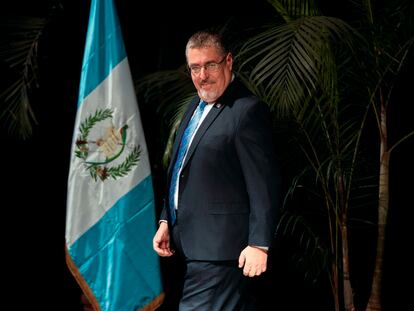
The progressive sociologist will take the reins of the country after overcoming numerous judicial attempts to invalidate his victory. His promise to fight corruption will be heavily challenged

The indigenous peoples have led a powerful movement to defend democracy against judicial attacks to try to invalidate the elections. The government now has the challenge of not leaving them behind
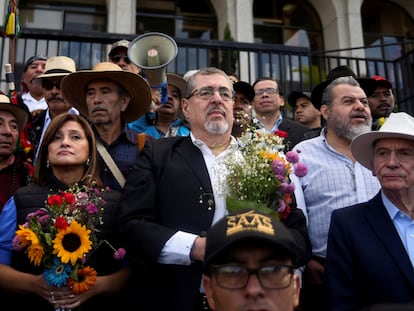
The president-elect will assume power in the Central American country on January 14 amid enormous expectations. He will seek to make deep changes after almost half a year of overcoming obstacles and denouncing a coup d’état against him
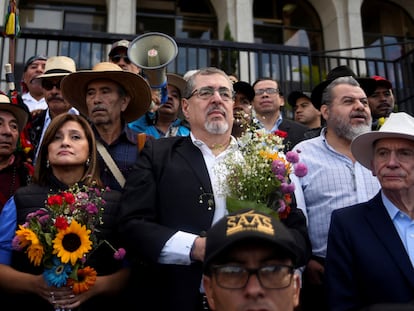
The decision by the highest court of justice will contain, for now at least, repeated attempts by the attorney general’s office to reverse the election victory of the president-elect

Day after day, despite the prevailing uncertainty due to the public prosecutor’s onslaught, the army of civilians defending the putschist effort has more and more silent deserters

Guatemala faces mounting criticism by world leaders and watchdogs accusing it of attempts to block progressive president-elect Bernardo Arévalo from taking office in January
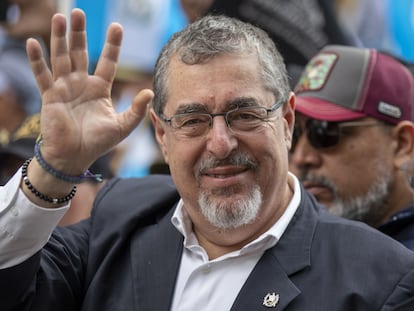
It was the third time they have done so since he won election in August. Prosecutors say there could be enough irregularities to annul the election results
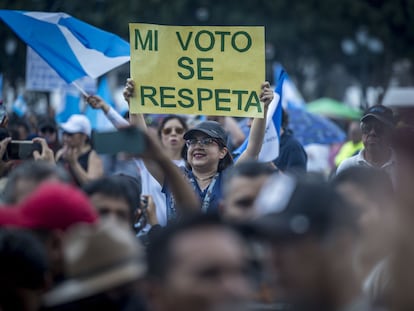
Indigenous people are rallying to defend the country’s constitution and uphold the election of Bernardo Arévalo as president
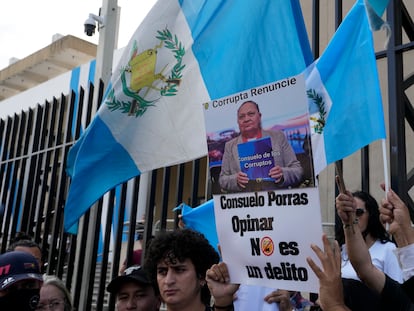
Unlike in Venezuela, Nicaragua and El Salvador, the international community is responding fast to the threat to democracy in the Central American country

Social and Indigenous organizations have announced that they will continue to protest efforts to undermine the results of the August 20 general election
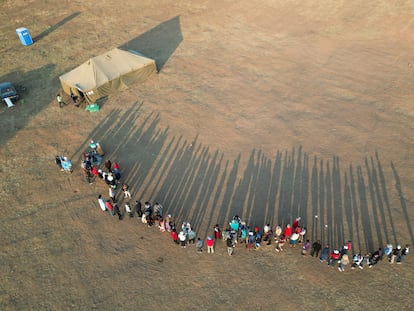
Almost half of countries have suffered setbacks in the democratic process in the last five years, according to the IDEA organization, which however highlights growing citizen participation
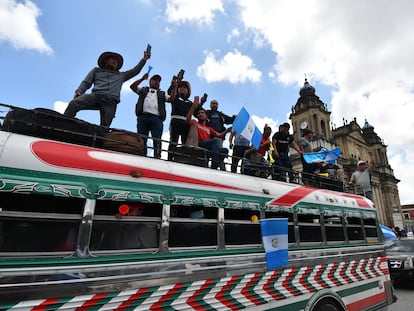
Demonstrators have pushed back riot police and extended their protest demanding the resignation of the attorney general, whom they accuse of trying to prevent president-elect Bernardo Arévalo from taking office
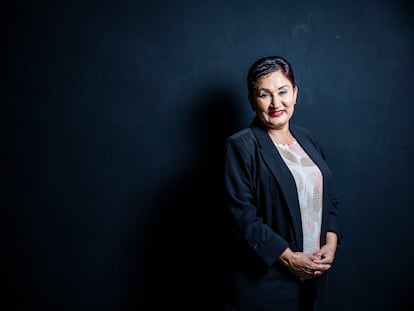
The ex-attorney general of Guatemala wants to return to her home country, where she is hopeful President-elect Bernardo Arévalo will take office in January

The president-elect has denounced an attempt to block him from being sworn in on January 14, calling it a coup’

The decision by the Supreme Electoral Tribunal came days after the electoral registry suspended the party on a judge’s order

Arévalo appears certain to take office as president on Jan. 14, but it was not clear whether his Seed Movement lawmakers would be able to take their seats in the country’s Congress
The Seed Movement candidate and anti-corruption champion won 58% of the vote, while his rival, Sandra Torres, secured 37.2%
In an interview with EL PAÍS, the Movimiento Semilla leader, who has a comfortable lead in the polls ahead of Sunday’s elections, proposes ‘re-founding’ a system hijacked ‘by the corrupt political class’